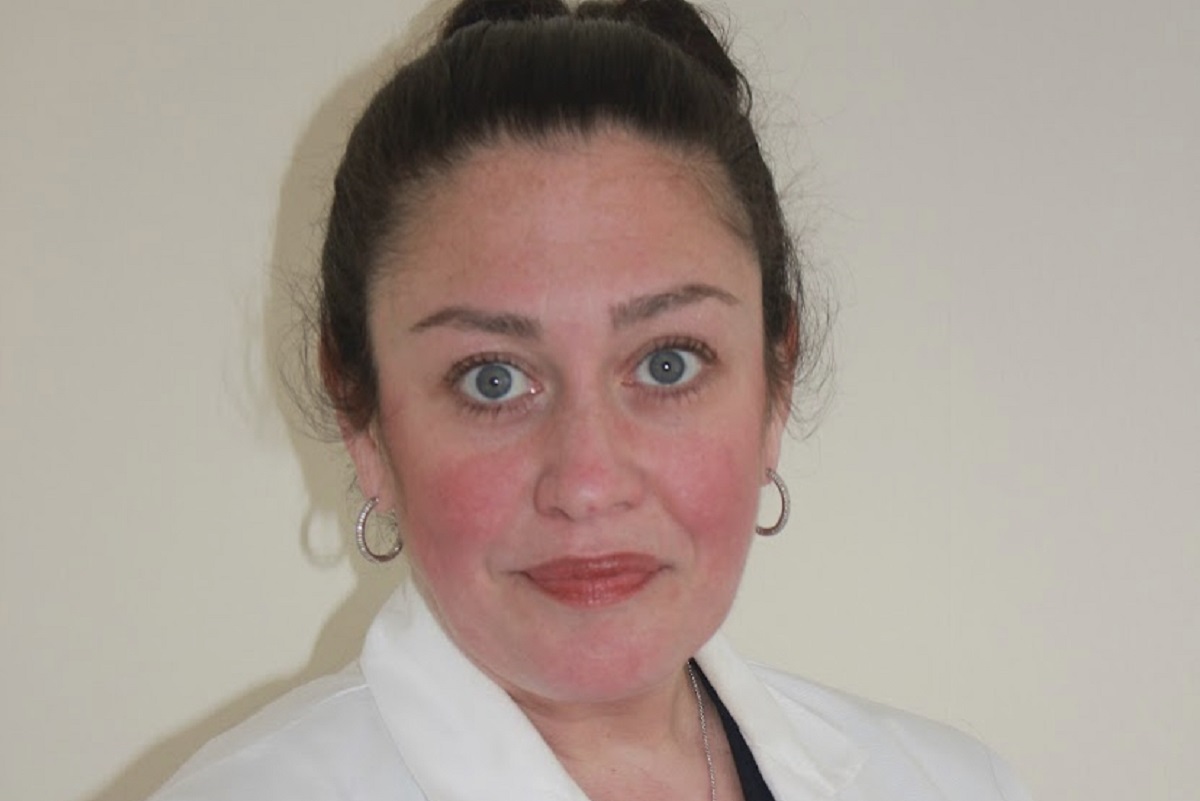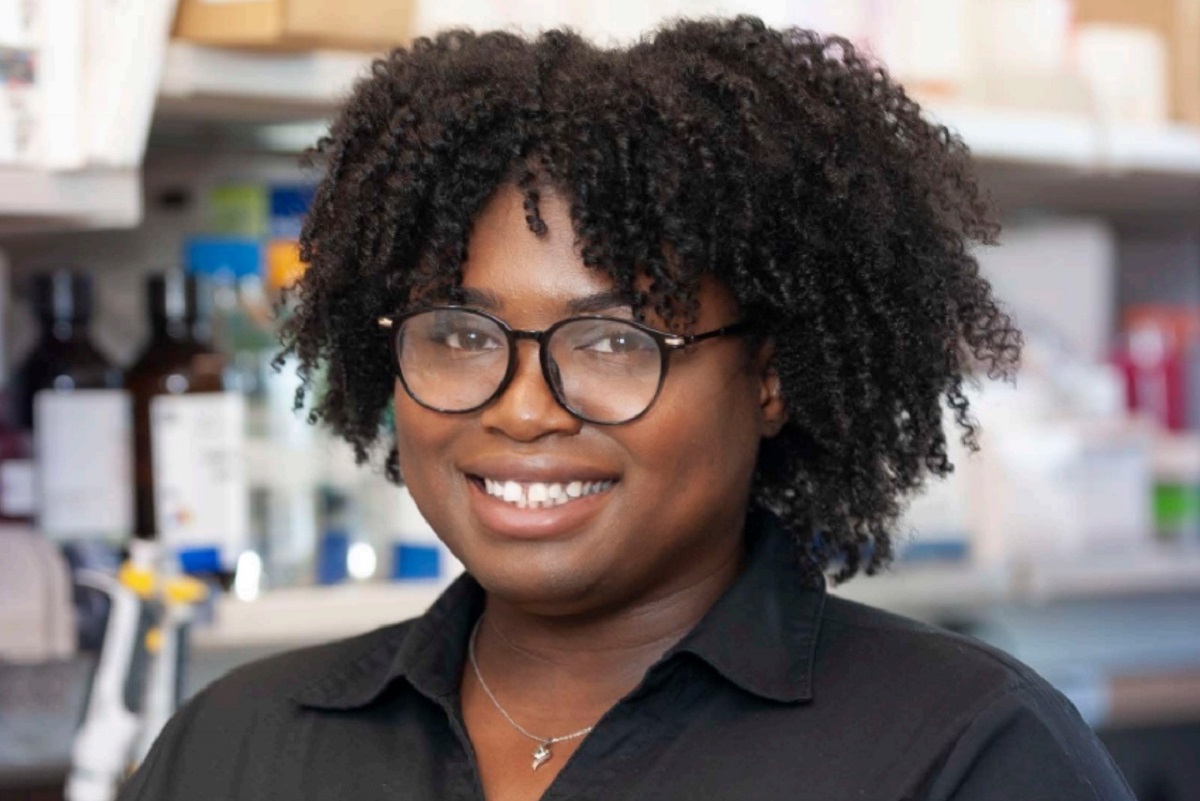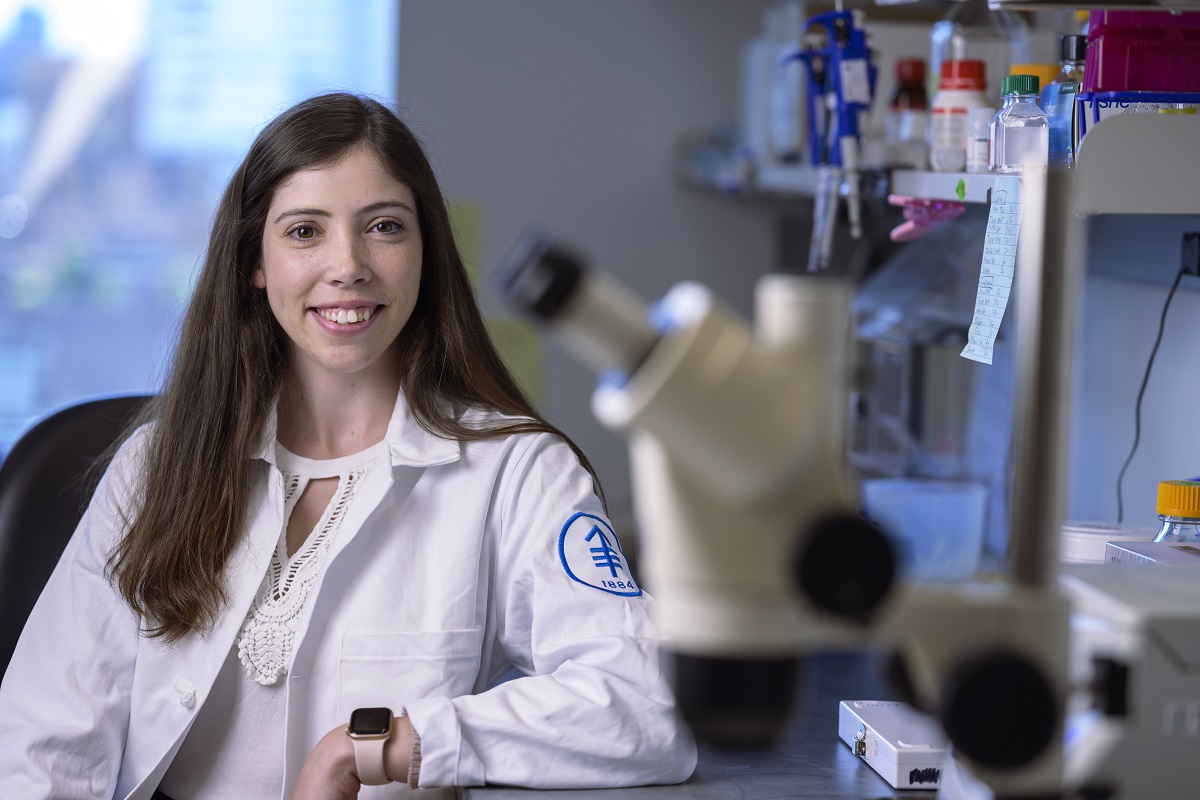Funded by a National Cancer Institute research training grant (T32 CA254875), the Molecular Imaging in Cancer Biology (MICB) Training Program at Memorial Sloan Kettering Cancer Center provides support for postdoctoral and predoctoral trainees working on new molecular imaging technologies.

Dr. Jessica C. Black Puzzuoli is a translational cancer biologist who received her PhD in Pathology from New York Medical College (NYMC) in Valhalla, New York in 2018. Her doctoral research at NYMC focused on isolating and characterizing a unique population of human multipotent adult stem cells (patent pending) using in vitro, in vivo, and genomics studies with the goal being the future therapeutic utilization of these unique stem cells. In 2019, she went on to begin her first year of postdoctoral work in the Department of Radiology at Weill Cornell Medical Center (WCMC) studying Diffuse Intrinsic Pontine Glioma (DIPG), Neuroblastoma (Nb), and Glioblastoma Multiforme (GBM). While at WCMC, she used patient-derived xenografts to develop patient-derived orthotopic xenograft models in mice in order to investigate the tumorigenicity of these aggressive tumors as well as the therapeutic efficacy of targeted drug delivery using surgical stereotactic methods. In early 2021, she accepted a position as a postdoctoral fellow in Dr. Etay Ziv’s lab in Interventional Radiology (IR) within the Department of Radiology at Memorial Sloan Kettering Cancer Center (MSK). Her work at MSK focuses on pancreatic neuroendocrine tumors (PNETs), hepatocellular carcinoma (HCC), and non-small cell lung cancer (NSCLC). She is currently developing a 3D organoid model of PNETs that are directly derived from patient specimens. These models will serve to identify novel targeted therapies for these aggressive tumors. She also works with different in vitro models to elucidate metabolic pathway inhibitors that will serve as successful adjuvants to embolization for the treatment of HCC and NSCLC. Her overall goal is to improve treatment protocols by identifying the key biomarkers and their metabolic pathways specific to these aggressive cancer types. These will elucidate putative adjuvants to current IR therapies, which will, in turn, lead to better patient outcomes.

Shaniqua Hayes received her PhD in Analytical Chemistry from Louisiana State University in 2021. Her doctoral research in the lab of Robin McCarley focused on the in vitro quantification of overexpressed cancer-associated enzymes in ovarian cancer using ratiometric fluorescence probes, and to evaluate the relationship between indicators of senescence and the antioxidant response element in ovarian cancer cells. She joined the lab of Jason Lewis at Memorial Sloan Kettering in 2021, where she is currently working to develop antibody-based radioligands for multimodal PET and near-infrared fluorescence imaging and endoradiotherapy in ovarian cancer.

Tanya Schild graduated from Weill Cornell Medicine in 2021. She was a student in the laboratory of John Blenis. She studied how NAD+ kinase (NADK) contributes to tumorigenesis. She joined the laboratory of Kayvan Keshari at MSKCC in 2021 where is she is studying how fructose metabolism influences anti-tumor immunity through cell engineering, microscopy and hyperpolarized MRI.

Sarah Perlee is a third year PhD student at GSK. She previously studied endogenous retroviruses as an undergraduate at the University of Vermont and later worked in Scott Armstrong’s lab at Dana-Farber to characterize epigenetic regulators in leukemia. Sarah’s doctoral research in Richard White’s lab at Memorial Sloan Kettering focuses on understanding how melanoma cells physically interact with adipocytes. She is developing methods to track melanoma-adipocyte interactions in vivo using transparent zebrafish.